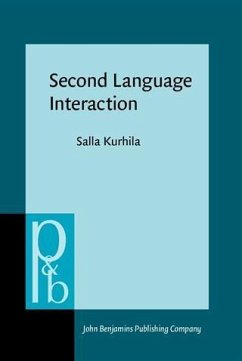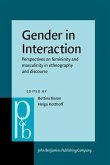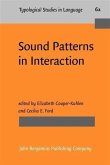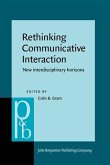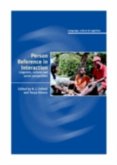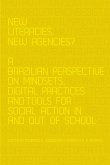Members of divergent societies are increasingly involved in interactional situations, both publicly and privately, where participants do not share linguistic resources. Second language conversations have become common everyday events in the globalized world, and an interest has evolved to determine how interaction is conducted and understanding achieved in such asymmetric conversations. This book describes how mutual intelligibility is established, checked and remedied in authentic interaction between first and second language speakers, both in institutional and everyday situations. The study is rooted in the interactional view on language, and it contributes to our knowledge on interactional practices, in particular in cases where some doubt exists about the level of intersubjectivity between the participants. It expands the traditional research agenda of conversation analysis that is based on the concepts of 'membership' and 'members' shared competences'. By showing in detail how speakers with restricted linguistic resources can interact successfully and achieve the (institutional) goals of interactions, this study also adds to our knowledge of the questions that are central in second language research, such as when and how the non-native speakers' 'linguistic output' is modified by themselves or by the native speakers, or when the non-native speakers display uptake after these modifications.
Dieser Download kann aus rechtlichen Gründen nur mit Rechnungsadresse in A, B, BG, CY, CZ, D, DK, EW, E, FIN, F, GR, HR, H, IRL, I, LT, L, LR, M, NL, PL, P, R, S, SLO, SK ausgeliefert werden.

